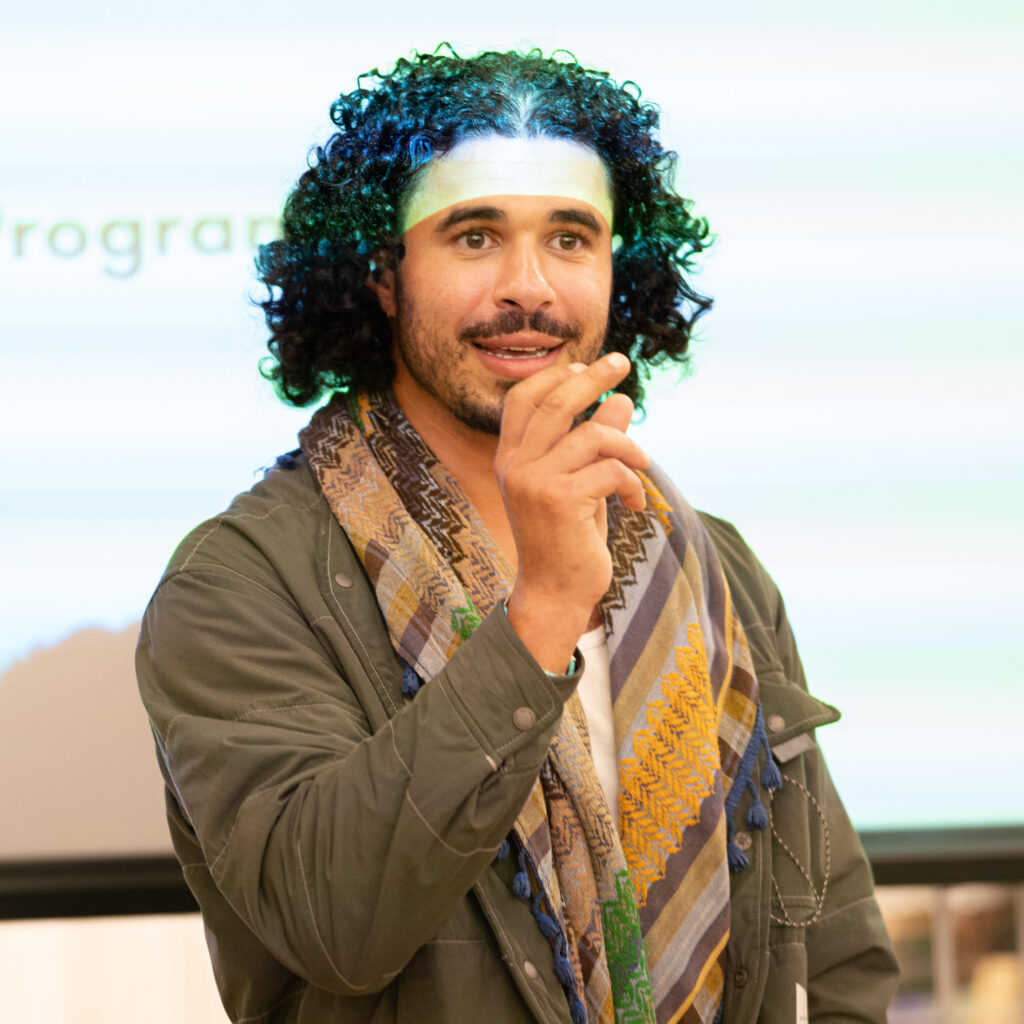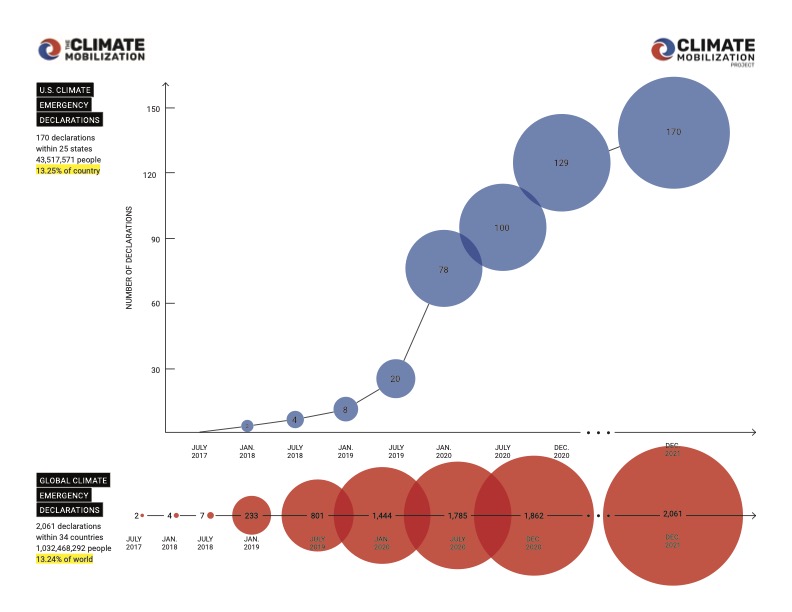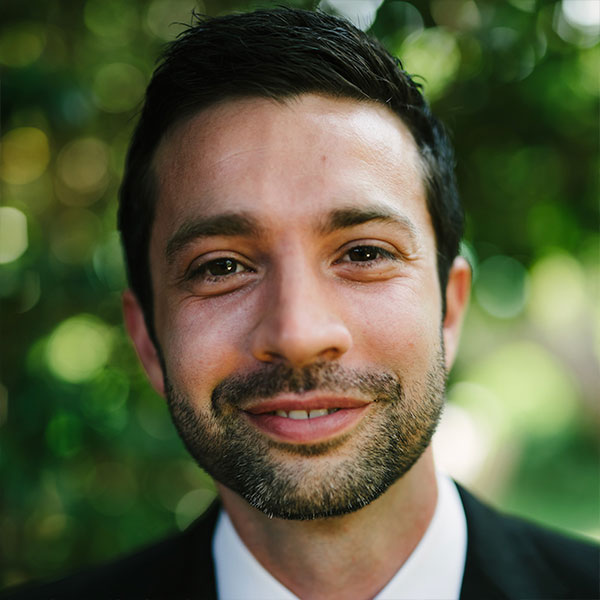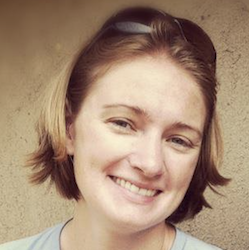Climate Mobilization News
Our team is excited to have shifted to a shared leadership model with four current staff members taking on the leadership role, and our work is continuing to grow to meet this critical moment in the climate movement.
Climate Mobilization is following in the footsteps of community-based organizations that, for generations, have sought to combat injustice in apartments, neighborhoods and schools. Six months ago, we helped renters and condo residents launch a new organizing effort in Acton, Massachusetts, where the town had recently declared a climate emergency and pledged to develop a Climate Action Plan.
The Acton Committee for Action on Housing and Climate Change bridges climate action and housing justice, building the power of residents of multifamily housing. This group of people, burdened by high housing costs, high utility bills, and environmental health problems in their buildings, has already had seven policy proposals added to Acton’s Climate Action Plan. We can’t wait to see what this group is able to accomplish next.
Team Spotlight
Meet Emmett Hopkins, our national organizer based in Sonoma County, California. Emmett organizes local-scale mobilization for the Climate Mobilization Sonoma County campaign, while supporting organizing efforts around the country. He brings over a decade of experience collaborating with diverse stakeholders to build community food systems, ensure equitable access to public lands, and mobilize resources towards a just transition to an amazing zero carbon future. He graduated from Stanford with a BS in Earth Systems and MS in Urban Planning & Sustainable Design. Emmett enjoys growing food and cultivating relationships, riding bikes and buses, and reimagining our communities to better serve all the people living in them.
Recently Emmett’s work convened folks from 21 Sonoma-area organizations to advocate for fare-free transit, using the county’s Climate Resiliency Fund to pay for this equitable, emissions- reducing policy. Emmett’s work has led to consistent pressure from organizers at public meetings in favor of a just transition to a fossil-free economy.
Get involved
In each of our campaigns we are building a stronger climate movement through organizing efforts that end greenhouse gas emissions and hold governments accountable to their promises of zero emissions by 2030, while redistributing resources and power to frontline communities.
In the absence of large-scale national or international progress, it is up to us to take action in our communities — to build the blueprints for the beautiful, post-carbon world we seek, while continuing to pressure lawmakers to lead on climate. You can get involved through the Climate Mobilization Network — a learning community of organizers from across the US who are encouraging one another to do this local community work, while learning skills and making connections through the Network. If you are part of a group that is interested in joining the network, get in touch with us here.
Hopeful trends
We were encouraged last month when a federal judge blocked the Biden administration’s lease of 80 million acres in the Gulf of Mexico, slated to be opened for oil and gas extraction. Determining that the administration had underestimated the climate impacts of the lease, the decision requires that further analysis about climate impacts be completed before the lease could move forward.
Prices are falling for electric medium and heavy-duty vehicles, like buses, delivery trucks and garbage trucks — a boon for the climate and air quality, particularly in urban areas. A recent study finds that by 2027 these trucks will be cheaper to buy and maintain than gas-powered alternatives. Though this is a positive development, it is important to keep the downstream consequences of electric vehicle battery production in mind — lithium mining and disposal has serious health and safety impacts around the world. A move away from a car-oriented transportation system will be more just and sustainable in the long run. With that in mind, we also celebrate the trend towards quick-build bicycle infrastructure, such as the projects underway in San José, California and Bellevue, Washington.
Good Reads
New satellite technology is allowing scientists to monitor methane leaks across the globe, identifying large emission events resulting from faulty pipelines and other causes, which account for 8-12% of global emissions of this potent greenhouse gas.
A much smaller, more common methane source is coming from millions of gas stoves around the world. We know that gas stoves cause problems for indoor air quality and contribute to climate change, but a new study shows that gas stoves are leaking methane even when they are not in use. “That methane is on top of the 6.8 million tons of carbon dioxide that gas stoves emit into the air when they are in use and the gas is burned.”
No major surprise here, but a new report by the New Climate Institute and Carbon Market Watch finds that large companies like Amazon and Google are misrepresenting the progress they are making on cutting emissions, in everything from transportation of goods to manufacturing.
Drought in the American West is more severe than the region has seen in 1200 years. The dry conditions, according to a study published in Nature Climate Change, have been made 72% worse by climate change.
British climate scientist Mark Maslin is advocating for more education in Western nations around the impacts of colonialism and Western foriegn policy on the global south. The lack of knowledge, Maslin asserts, helps explain why there is so little action, funding or follow through from the West to address climate impacts in the global south after talks like COP26. Climate Justice activist Elize Yarde echoes this opinion in The Guardian, and emphasizes that white, Western politicians and media pay little attention to the impacts of the climate crisis that are already happening to black and brown people across the globe. “The countries that make up the global north are responsible for 92% of excess global emissions, but it’s the people in the global south who are suffering from the climate crisis right now. Our governments have allowed this to happen, in part, because the crisis has affected black and brown people first.”
Support this work
Can you pitch in to support this work with a monthly donation? Every dollar helps speed up the transition we need towards climate justice at emergency speed. Thank you for being a part of this movement!

















